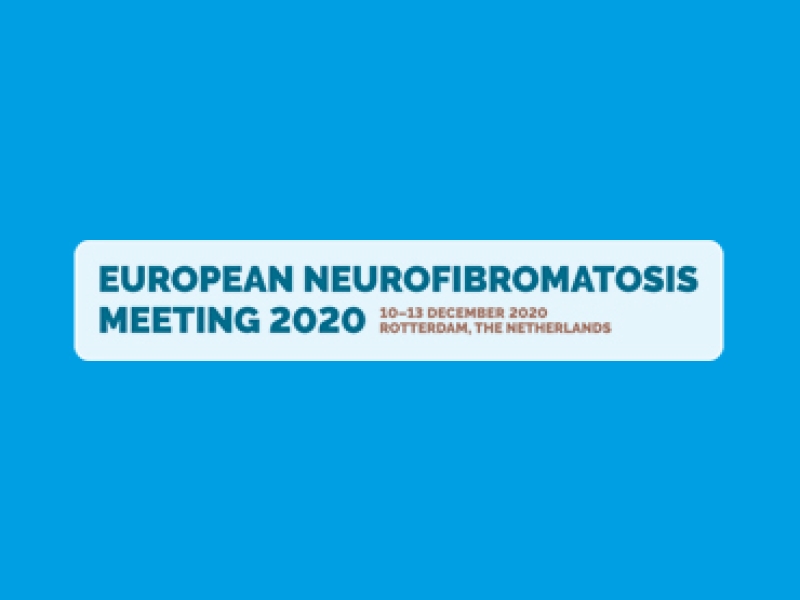Jane Frances
19 November 2019
Jane Frances
Jane Frances is a psychotherapist and was for many years Schools Specialist and Policy Advisor in Education at Changing Faces, UK. She is an expert in the psychology of visible difference.
She tells us of how findings from psychological research can help parents and teachers of children with Neurofibromatosis to better support them.
“I have worked with a lot of children with many conditions including NF, and I’ve found that the responses by other people to visible difference is pretty standard across conditions. The advice I give is based on research. ‘Common sense’, however well-intentioned, can lead to counterproductive interventions.
For example, if a child is staring at a child with a visible difference, the ‘natural’ reaction of the teacher is to say, ‘you mustn’t stare’. The result is that children learn to turn away, and the child with the difference feels even more isolated.
A better response is for the teacher to tell the staring child, ‘if you find yourself staring, smile and say ‘Hello, my name is Jane. What’s your name?’’
It is even more important that parents or the teacher coach the child who has NF to handle other children’s curiosity. The best strategy is for the child with NF to have something to say, like: ‘Don’t mind my lumps and bumps. I’ve got NF. Have you got something interesting about you?’ It is always good to round off with a question and engage – curiosity is the beginning of a relationship.
If the child is shy and nervous, the teacher might need to say, ‘Oh you’ve noticed Timothy’s unusual face. Well that’s the way Timothy’s face is, and did you know Timothy has a pet cat?’
We know from countless studies that it is harder for a child who looks unusual to make and keep friends. This is caused not by an aversion to the unusual face, but by an aversion to the stigma. The key, therefore, is to reduce or eliminate the stigma. The conversational strategies above will help. A curious stare is a door to a conversation and possible relationship.
Teachers’ expectations are also key: they need to hold in their heart really positive hopes for this child’s future. Many studies confirm the ‘Pygmalion Effect’: that lower expectations lead to lower results. Teachers aren’t doing children a favour by going easy on them. The child needs tough, high expectations.
These are just a few tips. You can get more information and resources for tackling issues of face equality and the impact of appearance at changingfaces.org.uk.”
– Jane Frances"The best strategy is for the child with NF to have something to say, like: ‘Don’t mind my lumps and bumps. I’ve got NF. Have you got something interesting about you? "
Filter News

DrugStar Pearl Kelly
Find out how you can join Pearl and donate to Nerve Tumours UK simply by taking your prescribed medication
Read More
First Specialist Neurofibromatosis (NF) Nurse for Wales
We're delighted to announce the first ever Specialist NF Nurse for Wales, find out more
Read More
2020 A Review
2020 was hard for everyone but our NF community is stronger & more resilient than ever. Read our reflections on 2020
Read More
Geena’s Story
James Harkness talks about his late mother Geena Andrews & what Nerve Tumours UK meant to her.
Read More
Xmas Party Superheroes
Had your Xmas party cancelled? Find out how you can save the day & become instant #XmasPartyHeroes
Read More
Lee’s Santa Dash
Check out Lee's Festive Santa Dash for NF and see how you can get involved
Read More
Thinking Forward to 2021 - A Message from our Charity Director
A message from Karen our Charity Director on looking forward to the year ahead
Read More



